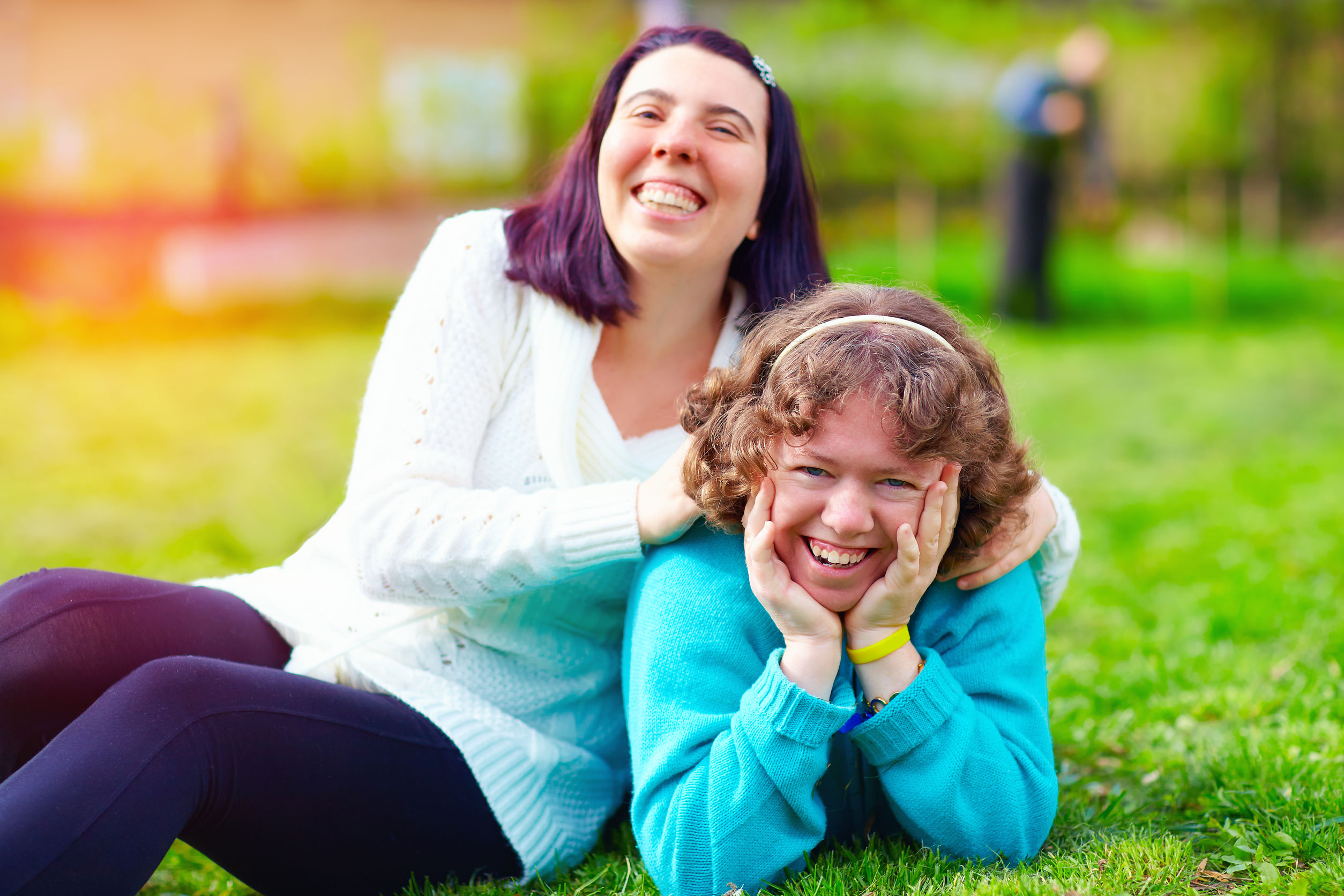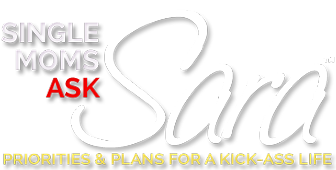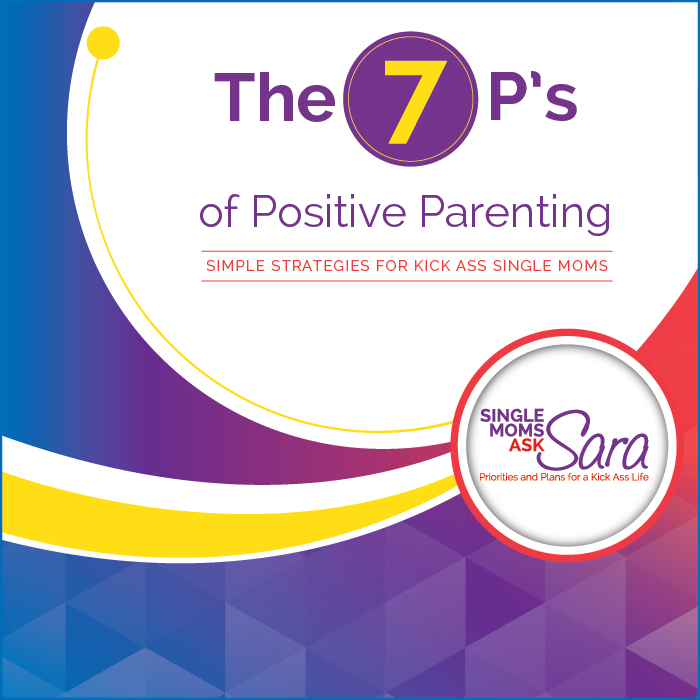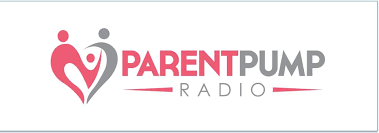When Your Child Has a Disability

Back in the “olden days” kids with disabilities didn’t live very long, or were sent off to institutions. There was the perception that the disability was caused by the sins of the parents, or some other reason that provoked the hand of God. Children and families were shunned, and judged harshly. While it is still this way in some parts of the world, fortunately the United States and many other countries no longer buy into this misconception.
My grandparents were unintended pioneers in this area. In 1960 years ago they had a child with severe cerebral palsy, caused by problems during delivery.
Services for such needs were nil.
My grandfather worked 16 hour days for years to pay for surgeries, wheelchairs, leg braces, typewriters, therapy, and an out of state education. The local education system was not equipped to serve someone who used a wheelchair and needed a good deal of physical assistance.
The Medicaid program didn't begin until 1065, and it took several years to get off the ground and begin to offer the breadth of services available today. My grandmother simply stopped taking my aunt to therapy because spent her time teaching the therapists how to work with someone with cerebral palsy.
We have come a long way, Baby!!
Services and organizations now abound for both children and adults with disabilities. Parents are no longer faced with the decision to institutionalize because there are just so many other options.
Medicaid and insurance now provide assistance with wheelchairs, therapies, in home supports, and medical treatments. Ramps abound, public doors open with a push of a button, and curbs are low, or gone. (I can’t tell you how many times I nearly tipped my aunt out of her chair trying to get up or down a curb. We ended up laughing so hard we could barely get across the street!)
We have a long way to go!!
Having worked in the disability field for 30 years, I can tell you that the last 20-30 years been filled with rapid and innovative change. That really isn’t a very long time for a society to absorb sweeping changes, and develop new ways of interacting. Consequently…we have more work to do.
If your child is diagnosed with a disability:
"In this world, we have 2 groups of people...the diagnosed, and the not yet diagnosed." ~Sara Sherman
I firmly believe that everyone on this planet has some sort of diagnosis that can be found in the DSM. The DSM, or the Diagnostic and Statistical Manual of Mental Disorders is the “Great Big Book of All Things That Might Not Be Perfect.”
As our awareness of this fact increases, so does our tolerance. Which is very good thing!
Nonetheless, the news that your child has a disability isn’t something parents long to hear. As a parent, you may feel fear, frustration, anger, mourning, sadness, worry, resentment and overwhelming.
These are all very normal feelings! I encourage you to allow yourself you to feel your feelings. Talk to a counselor, clergy, friends, and/or support groups. You are not alone in your feelings or experiences. Get the support you need.
The medical world now recognizes that early intervention programs (those occurring before the age of 3 or so) such as speech and language therapy are incredibly beneficial in limiting, or even reversing some types of disabilities. This is great news!
At the same time, for a parent, it can mean that immediately after learning your child has an issue, you are inundated with tests, procedures, therapies, assessments, social workers, therapists, doctors, specialists, and a host of equipment…in addition to the pressure of feeling that you are racing against time.
Often you have not yet had the opportunity to identify and process your own feelings about the entire situation, and maybe you haven’t had the chance to really connect with your child. I have watched married people crumble under the strain, with their marriages following.
As a single mom…well…it’s not any easier, to say the least!
Care for the Caregiver
I cannot stress enough how important it is to address your own
needs. You must nurture yourself. Truly, if ever there was an
appropriate time to say, “An empty vessel has nothing to pour”, now is
that time.
The Rosalynn Carter Institute is a fabulous resource for caregivers. While all parents are caregivers, parents caring for children with disabilities can experience an even greater sense of loosing themselves.
The Institute offers these 12 Tips for Caring for Yourself While Helping a Loved One with a Disability:
1. Keep Yourself In Good Physical Shape—exercise and eating right will help prevent injury, and keep your mind, body, and spirit strong.
2. Take Advantage of Emerging Adaptations for Individuals with Disabilities—new stuff is coming out all the time. Use what is available to make your life, and the life of your child easier.
3. Include the Care Recipient in Care Decisions—obviously this will vary based on age and cognition, but your child needs to grow into as much self-sufficiency as possible. Help them learn to make decisions, and be sure to consider their input and wishes.
4. Inform Yourself—knowledge is power. Knowing your rights is a must to assure your child is receiving the services he or she is entitled to receive.
5. Express Your Feelings—keeping everything bottled up serves no one, and eventually you will explode. You have a hard job. It’s OK to say so.
6. Enjoy the Relationship—it is easy to simply focus on your role as caretaker of a person with a disability. Take time to enjoy the parent/child relationship. Have some fun!
7. Nurture Family Relationships and Attempt to Resolve Conflicts—everyone has a different coping style. Be respectful of those different styles and talk about concerns before they become big problems.
8. Advocate for Your Child (or parent as the case may be)—you know your child best. Be their voice.
9. Talk to Your Employer About Flexibility—juggling work and caregiving can be a challenge. Let your employer know what is going on up front, and make a proactive plan to handle potential challenges.
10. Be Good To Yourself—When we focus on the needs of others, we sometimes forget our own needs. Again…and empty vessel has nothing to pour. It is not only OK, but absolutely necessary to speak up about your personal needs.
11. Maintain Your Hobbies—maintaining your own interests will give you pleasure, comfort, relaxation, and joy. Experiencing these positives will make you a happier caregiver.
12. Know and Use Your Resources—talk, talk, and talk some more. It can be tough to wade through the ocean of resources in the world today. Talk to everyone you can and learn what is available to you and your child.














